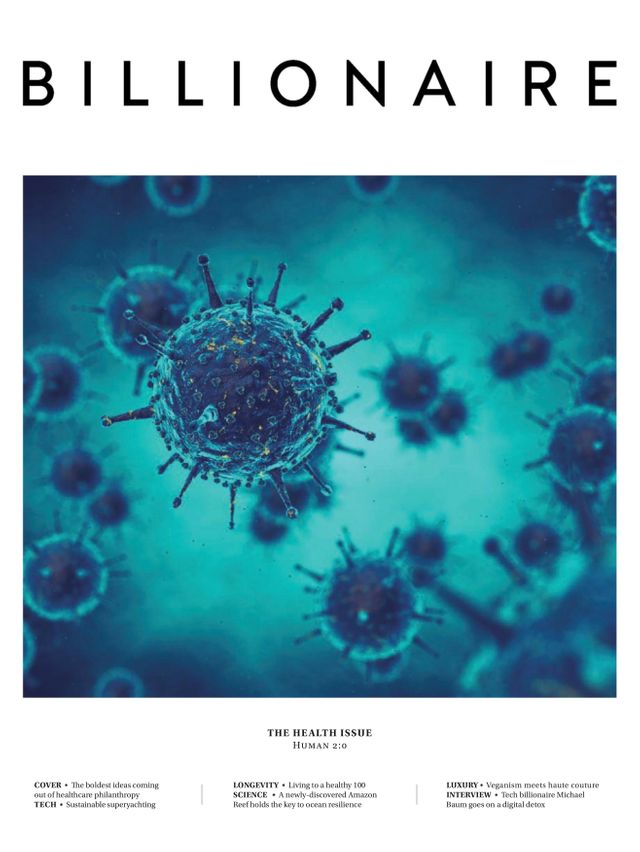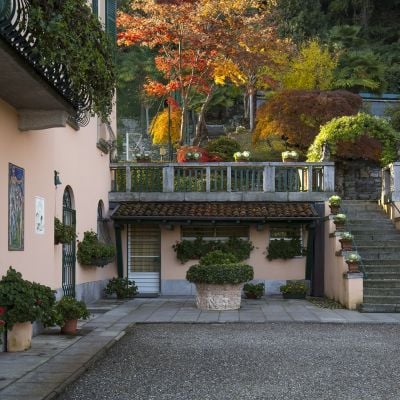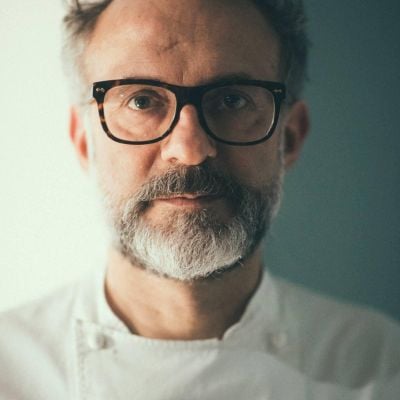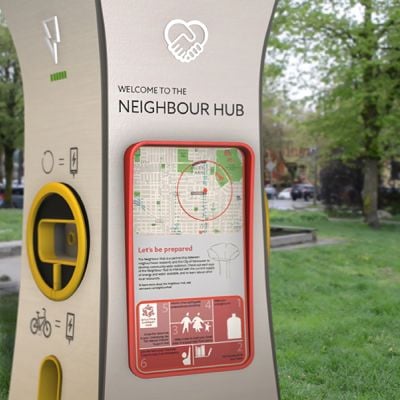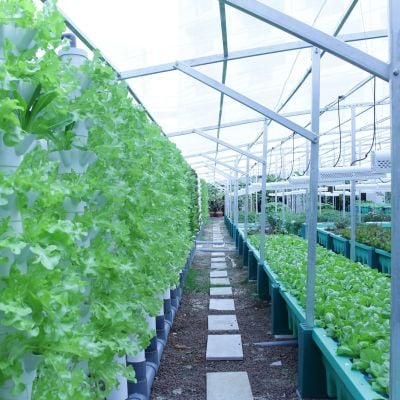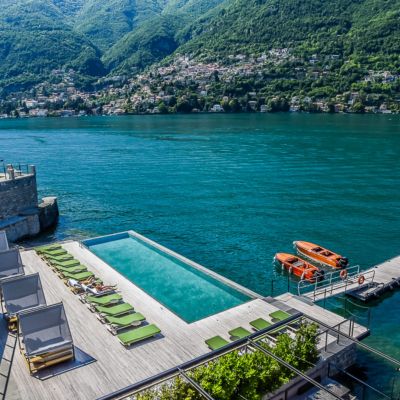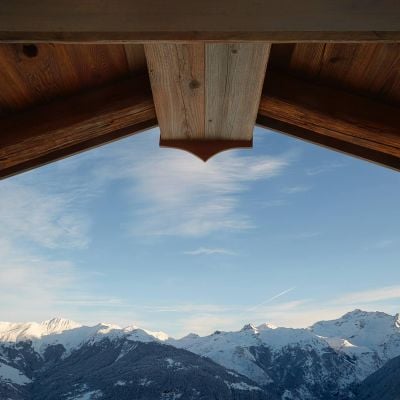A Sustainable Winery In The Heart of Sicily
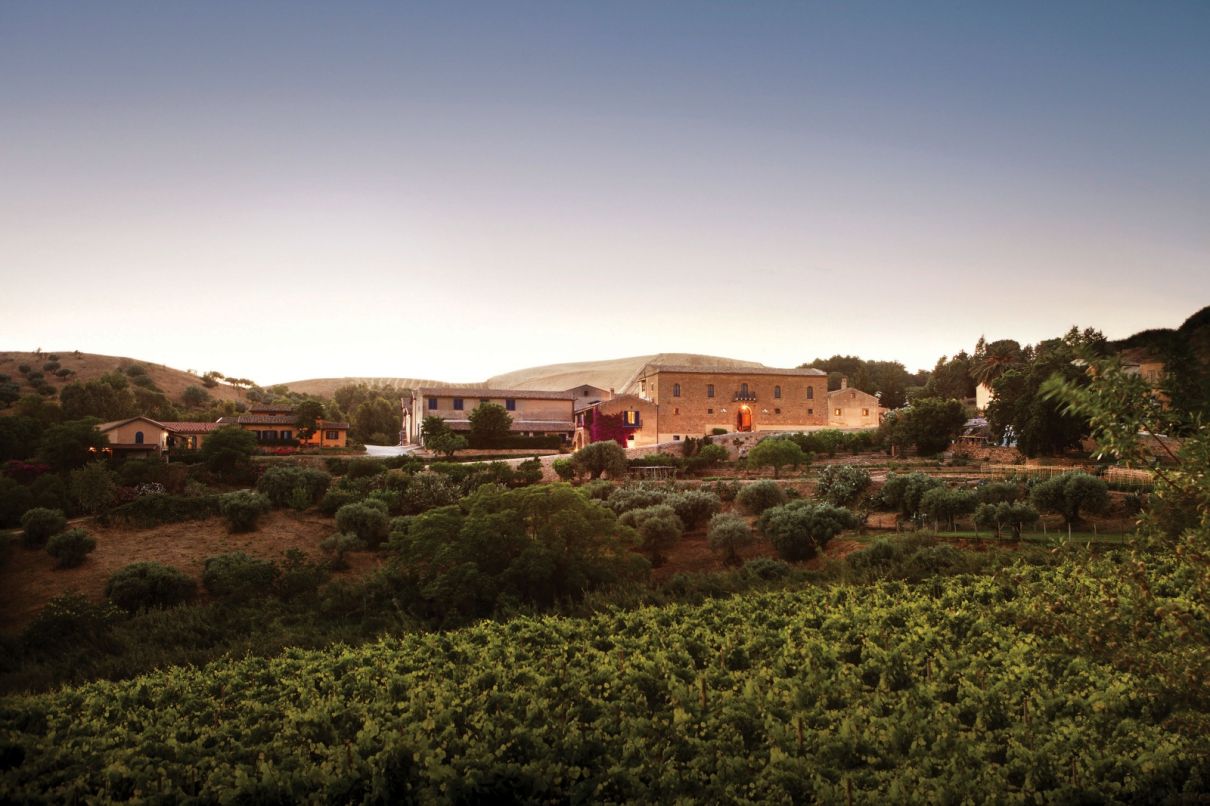
Eight generations on, the Tasca D’Almerita wine estate in Sicily is setting the benchmark for sustainability.
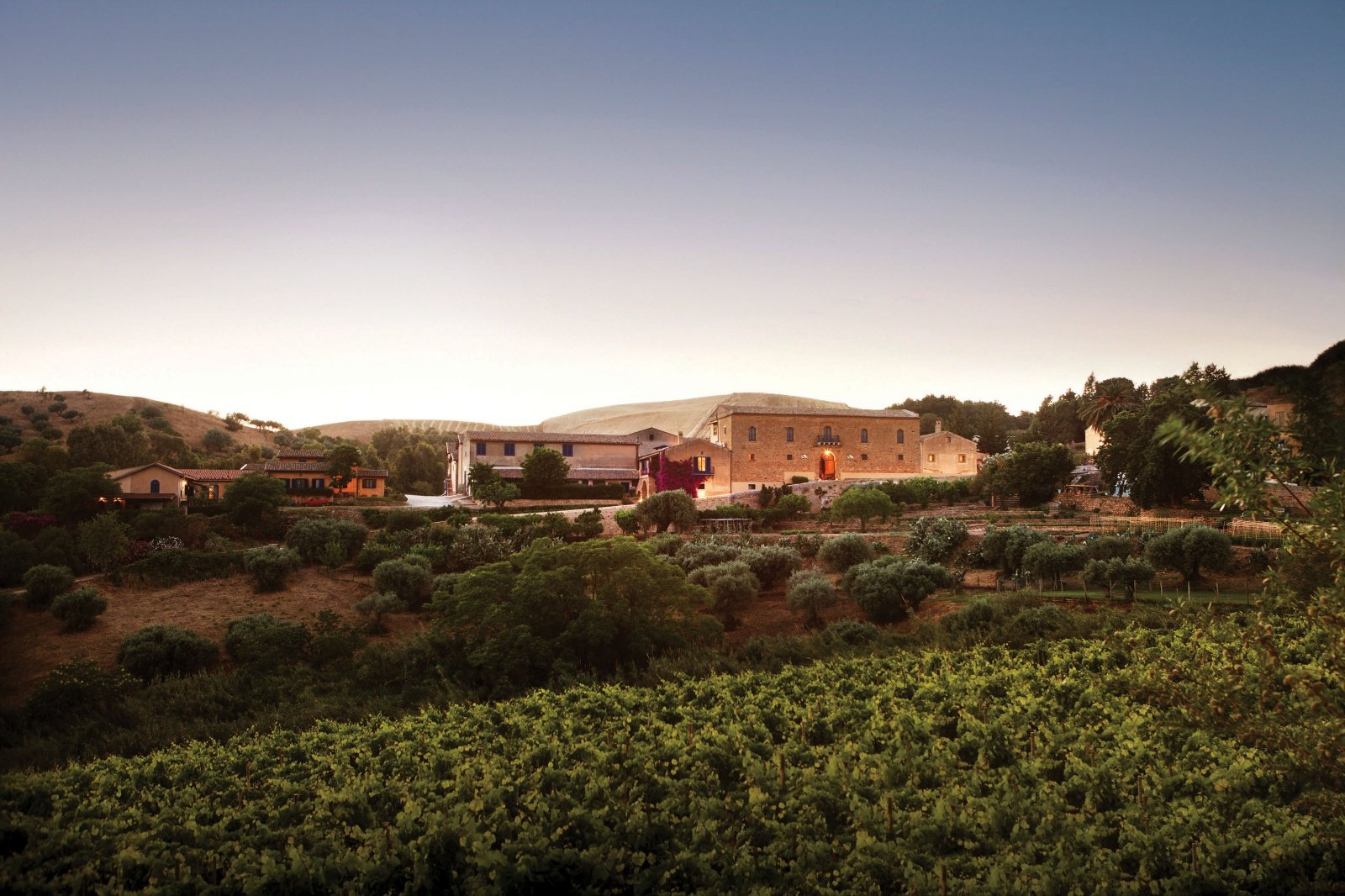
Standing atop the crest of a hill, bathed in golden light on a warm midsummer evening, allows for a 360-degree view of the Tasca D’Almerita estate. Here in the geographical heart of Sicily, we are surrounded by countless shades of green that come from 380 hectares of world-class vines.
It’s the ultimate location for a property that embodies sustainability like few others. Tasca d'Almerita has almost six hundred hectares planted with vines, five estates and two resorts, all cultivated slowly, respecting the land and its rhythms. Seventy people in Sicily work with another 200 seasonal workers in the estates.
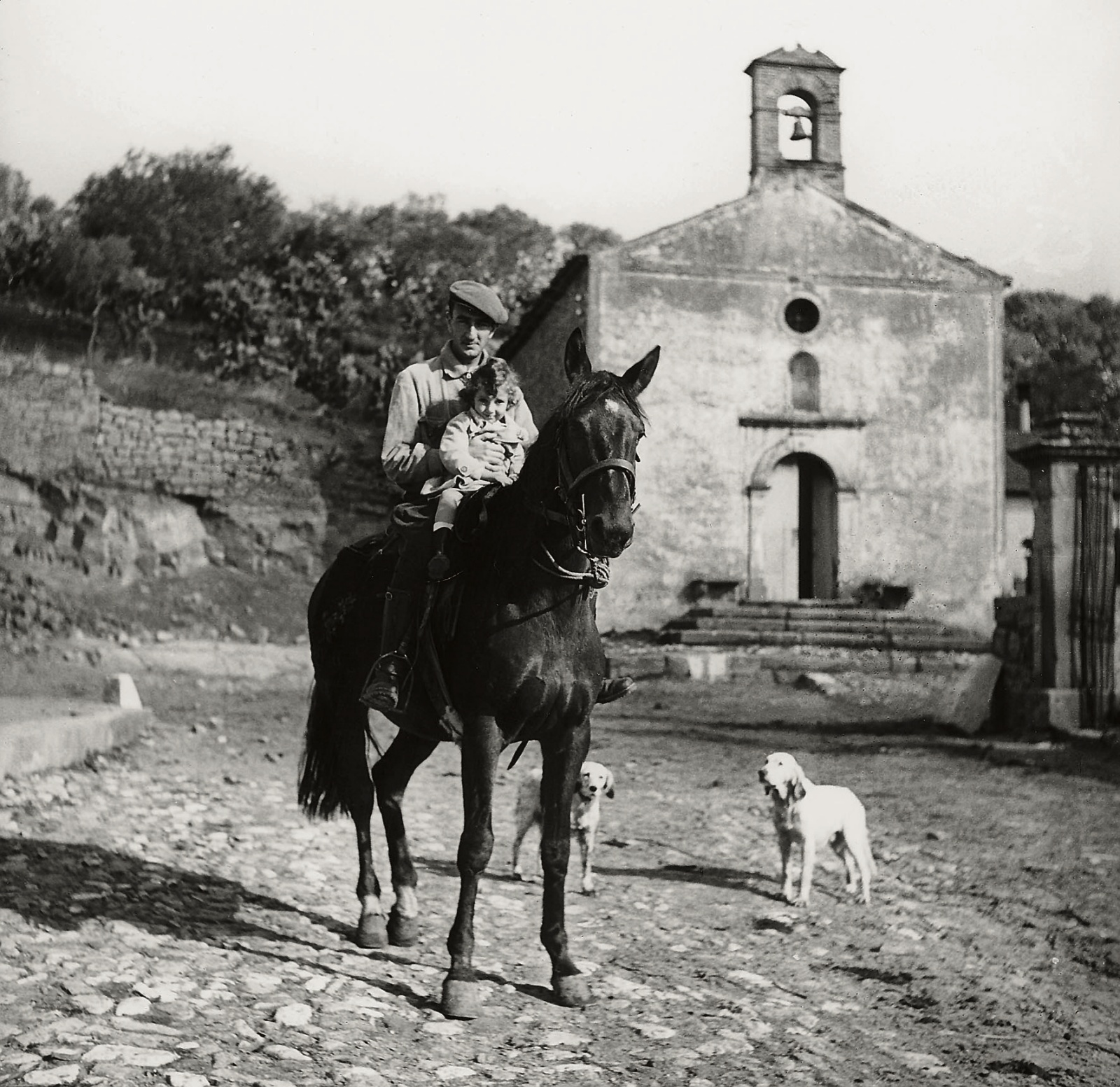
The estate has been the Tasca D’Almerita family home since 1830 and every generation has left its mark. In the early 1930s, Count Giuseppe Tasca visited Tunisia and was inspired by the country’s love of azure-blue tones, leading to wooden doorways and stonework being picked out in the colour.
Almost a century on and it’s his grandson Alberto Tasca who oversees the family’s five award-winning wine estates across Sicily; the historical estate, Regaleali, Capofaro on Salina in the Aeolian islands; Tascante on Mount Etna; Whitaker on Mozia in the province of Trapani; and Sallier de La Tour in the DOC Monreale area. Each of these estates has a story to tell, each one recounts a different Sicily.
But today we are exploring the ancient Regaleali, whose name comes from the Arabic ‘Rahal Ali’ or the ‘Fortress of Ali’, showing how the gently undulating valley has been sought after for millennia.
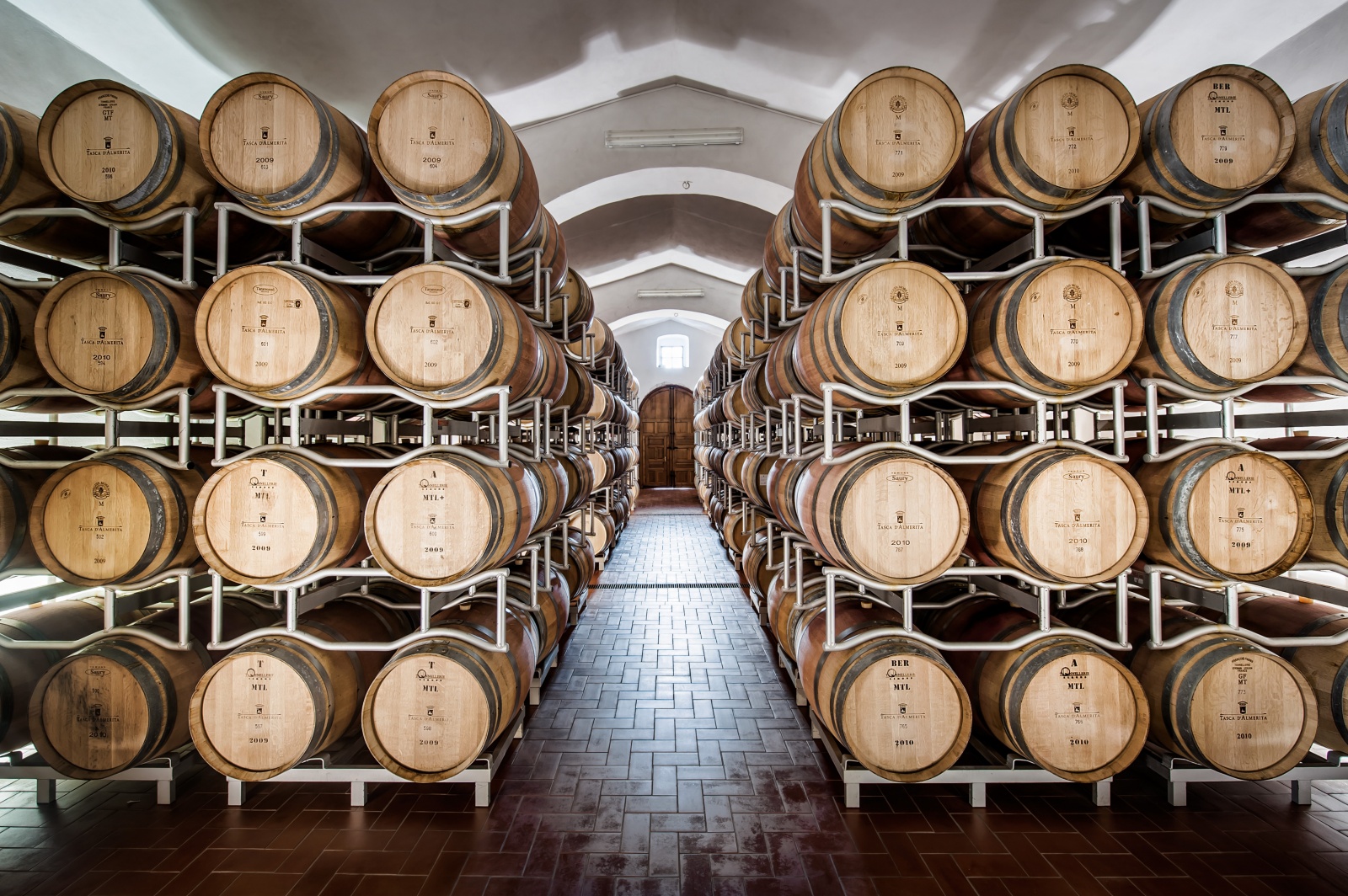
It’s easy to see why. Picturesque 19th century buildings are surrounded by purple explosions of bougainvillea, vegetable gardens and orchards, where bees, butterflies and swifts fill the air. But most of all it’s those banks of vines that stretch to the horizon.
Tasca grows more than 50 varietals of grapes, although less than half of them are used in its wines; the rest are grown in conjunction with universities for research. This spirit of co-operation and shared learning underpins everything that happens at Regaleali, driven by an innate devotion to sustainability.
From a viticulture perspective, for the past decade Tasca wines have been members of Sostain, an independent Italian non-profit that brings together growers, wineries, business, research centres, universities and consumers to drive a sustainable approach to wine production and consumption.
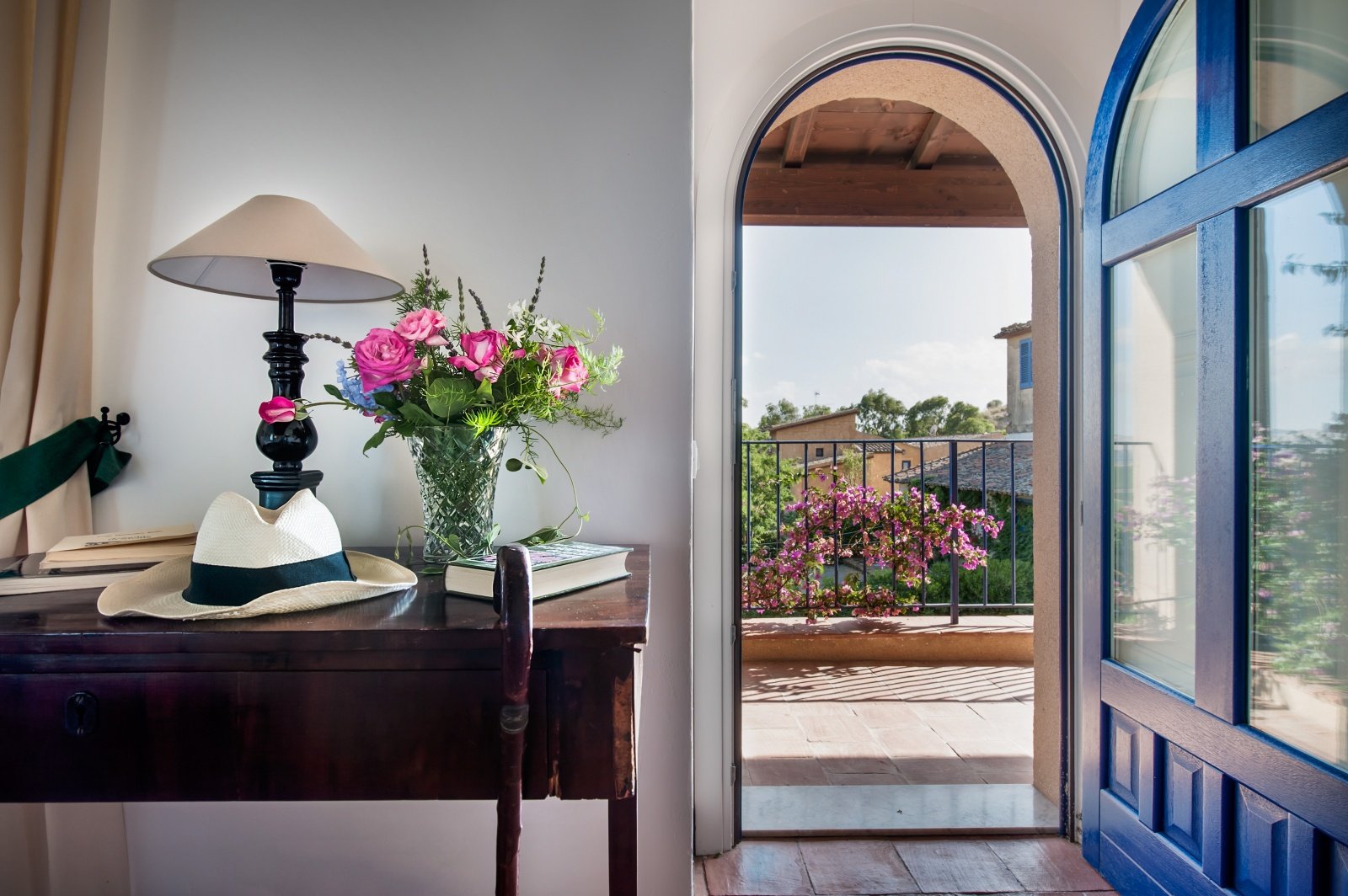
Tasca is also involved in the V.I.V.A. Sustainable Wine program which includes four indicators (air, water, vineyard, territory) to allow the winemakers to quantify the impact on the environment in order to monitor the different production phases and to support effective strategies to reduce emissions. The consumer can easily check the value of every indicator through a QR-code on the label of the wine bottle.
Alberto, the quietly charismatic eighth generation of the Tasca winemaking dynasty, has led efforts to dig deep into the brand’s own impact on the environment. He explains how all the company’s values are socially and environmentally aware, but also predicated squarely on research: “In terms of collecting data, it’s very structured and can give us a precise view and measure of what we do.”
Sustainability initiatives have touched on every imaginable area of winemaking. Regaleali created the region's first and largest artificial lake more than 60 years ago and is still irrigates the vineyard to this day, while all waste water is channelled to a biodepuration plant. They have consistently modernized their equipment and farming techniques and invested in renewable energy such as solar and wind, while they've reduced the weight of their packing materials and even the glass they use to bottle their wines, ensuring that the CO2 emissions across the life cycle of each product are minimised. Most intriguingly they now uses Plantcorc 'corks' which are totally recyclable and derived from raw materials including sugar cane.
They seem proudest when talking about their employees and the industry-leading welfare initiatives to support them as well as the fact that many families have been working with them for generations, to the time of Alberto Tasca's grandfather and even beyond. As Regaleali's chief agronomist explained, "They have lived from farming for thousands of years, and thousands of years are worth more than a thousand books."
One environmental factor more tangible than most has been the impact of climate change. On a tour through vines, including Nero d’Avola, Perricone, Cabernet Sauvignon and San Francesco, Regaleali’s Corrado Maurigi remarks that, climactically, “we’re not in southern Italy, we’re in North Africa.”
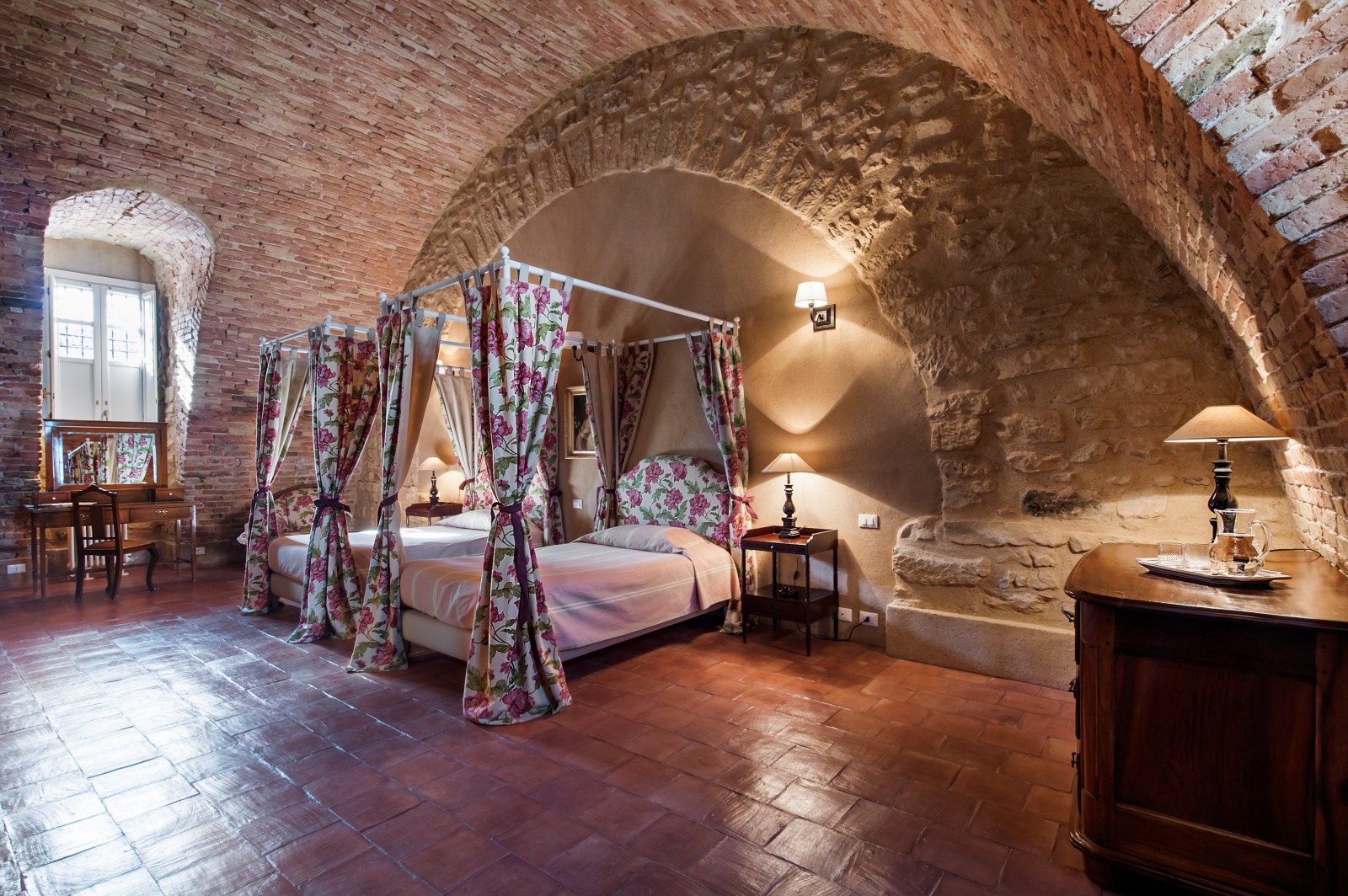
Alberto Tasca picks up on this: “The impact of climate change is quite strong. Everything is much more violent. We see changes in temperature in one day of 15 to 20°C, while sometimes it can rain 300mm in a few hours, which is crazy.”
Although his wineries lead the winemaking industry in environmental best practice, not only in Italy but further afield, it’s clear that Alberto Tasca is far from finished. “The challenge, honestly speaking, is that [while some] influential and knowledgeable wine consumers have bought into [sustainable wine], it’s still not the majority.”
Tasca’s sustainability efforts encompass much more than wine production, however. Ancient grains and wheat are harvested and lovingly crafted into bread and pasta that are served throughout Tasca’s properties. Olives are championed for their uniqueness. Almost forgotten varietals such as Pidicuddara, Giarraffa and Cerasuola are pressed into intense and expressive green-gold elixirs that perfectly reflect Regaleali’s own natural perfumes.
In 1989, Alberto Tasca’s aunt, Anna Tasca Lanza, founded Case Vecchie, a renowned cooking school and experiential food programme. Over the years, she has worked with culinary giants including Julia Child, James Beard and Alice Waters, extolling the multiple merits of farm-to-table eating long before it became fashionable. Following her death in 2010, her daughter Fabrizia took on Case Vecchie and continues to document and preserve true Sicilian recipes, ingredients and techniques.
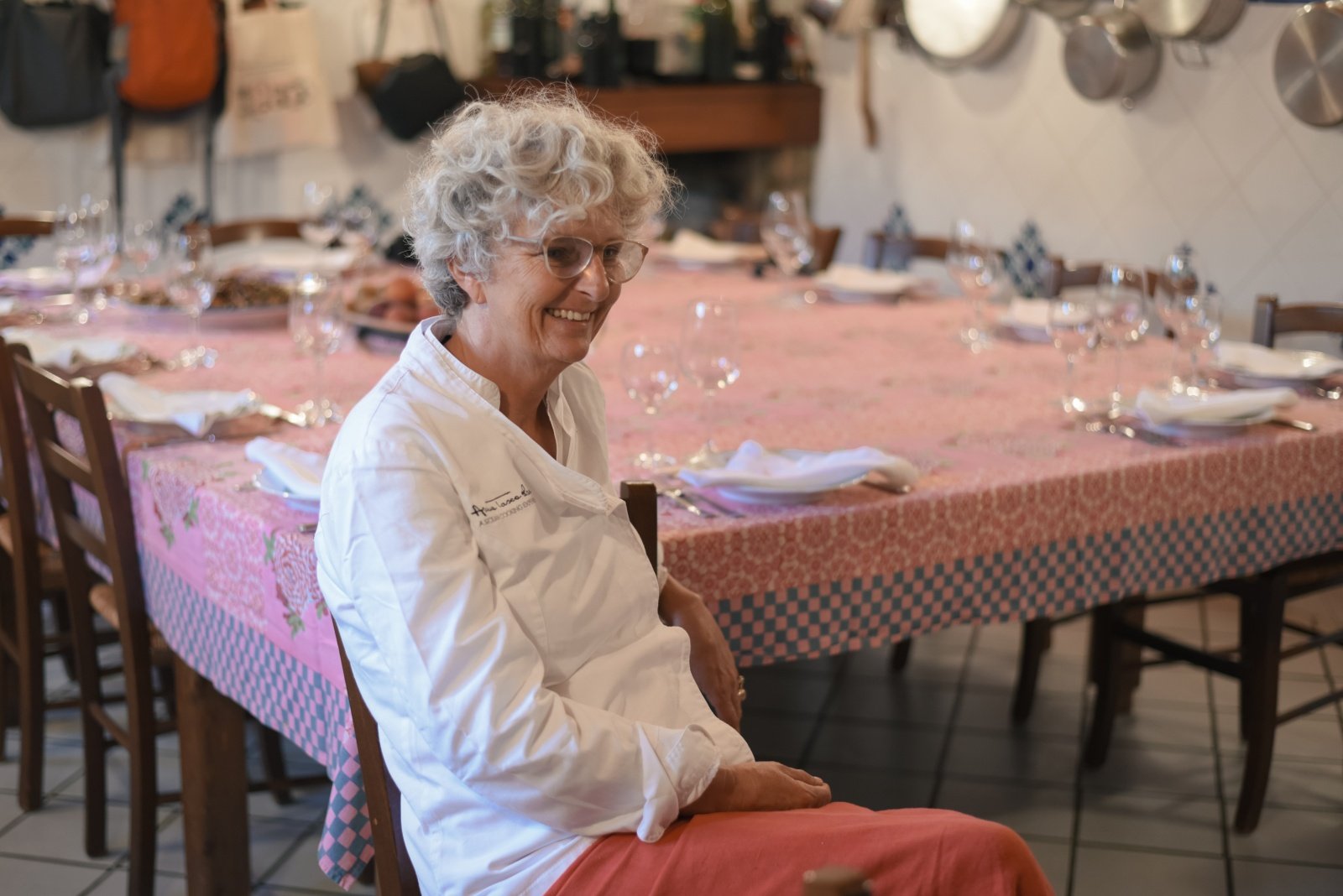
A sublime lunch is made with produce that surrounds us, from the vegetable and herb gardens to the groaning fig, cherry, lemon, mandarin and pomegranate trees. Stunning zucchini are dressed simply with garlic and mint, while involtini of eggplant are stuffed with ricotta made from the milk of Comisana sheep grazing on a carpet of wildflowers on a nearby hillside. For dessert, a sensational dish is measured more in food metres than miles: “This is a lemon curd with sour cherries from the trees behind you.”
While guests (Tasca has a selection of beautiful suites where you can stay) can learn the secrets of real Sicilian cuisine, there are also initiatives such as Cook the Farm, a residential programme where agriculture, cooking and academia meet. Again, it is knowledge sharing that is front and centre, with lessons from the estate’s own biodiversity management in areas such as production of olive oil or ensuring the survival of Sicilian black bees. Fabrizia has also recently founded the Food Heritage Association, a non-profit that researches, documents and champions local gastronomic practice and traditions that otherwise would be at risk of disappearing forever.
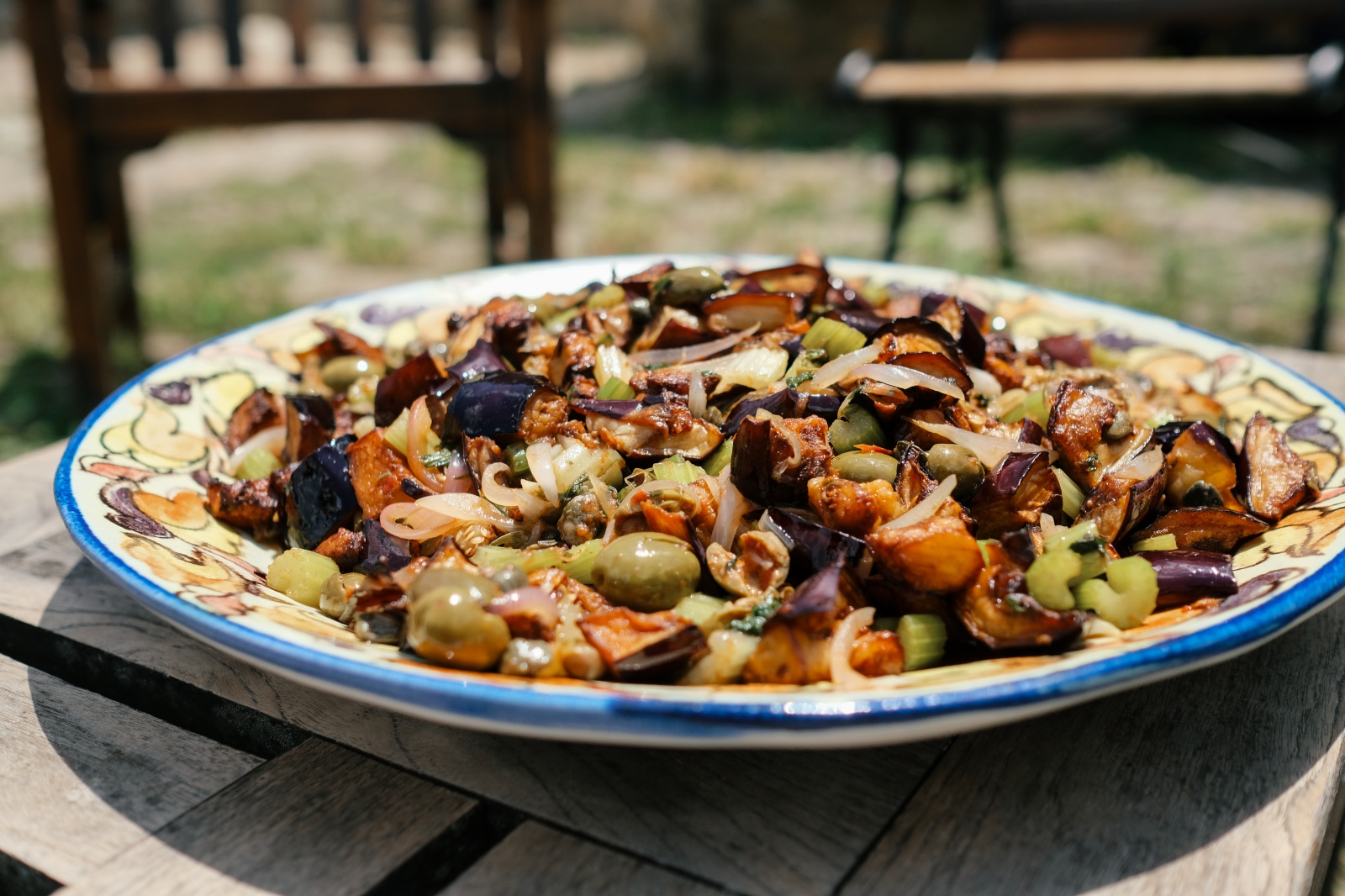
It’s clear that everyone working at Tasca’s wine estates are genuine stewards of special places, linked to their lands and homes in ways that most people could only dream. But more than that, they also choose to focus their time, effort and money in inspiring and convincing others to adopt sustainable practices.
To which one cannot help but raise a glass, maybe of Rosso del Conte, that this unspoilt corner of Sicily can further inspire the global wine industry to follow its lead.
This article originally appeared in Billionaire's Earth Issue, September 2019. To subscribe contact

